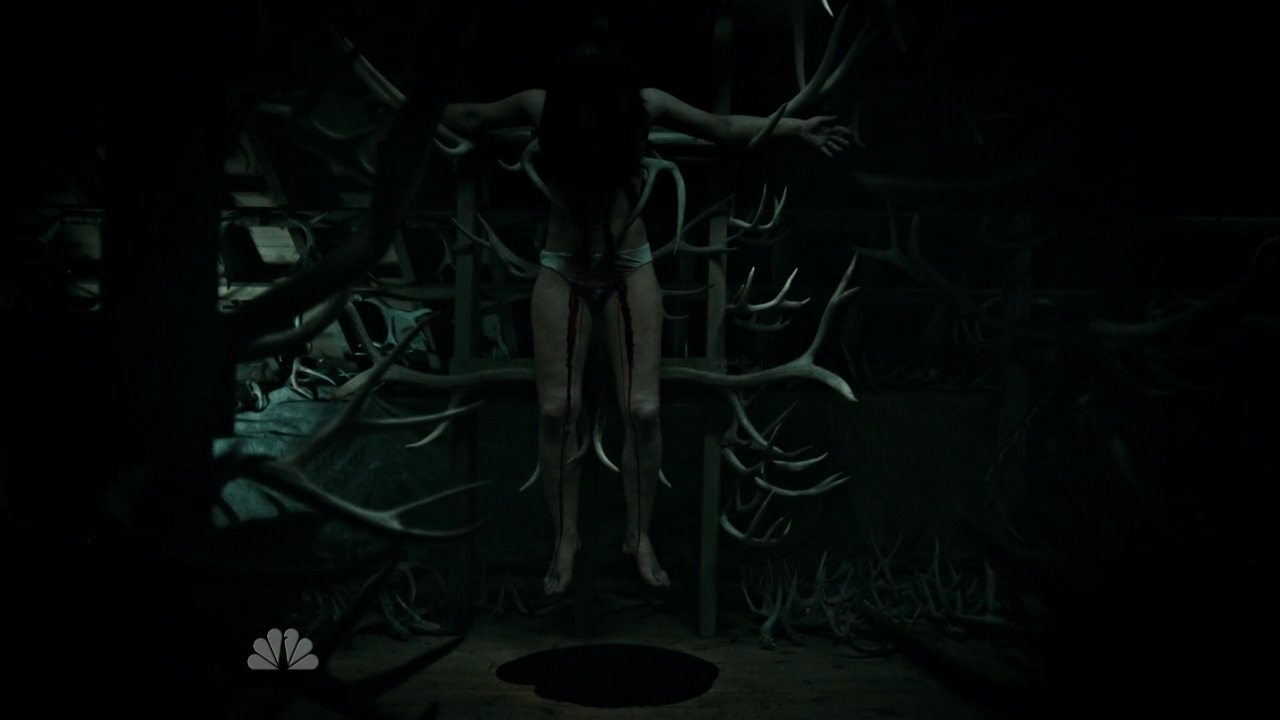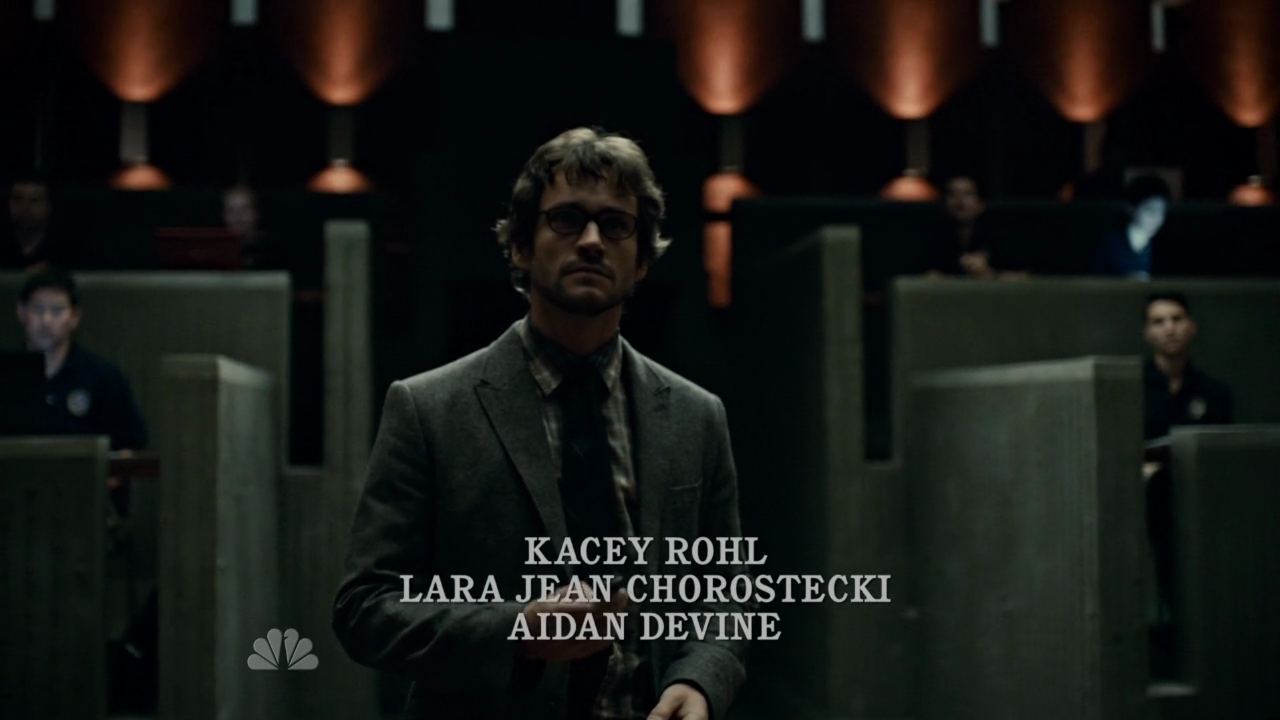The Pilot Review
I’ll confess, I went into this with no small amount of pessimism. It was hard (and still is, really) to imagine Moffat crafting a better way to go out than Series Nine. Sherlock felt so utterly tired and creatively spent that it became easy to fear that Moffat was simply done. The Return of Doctor Mysterio was neither here nor there. So it was easy to assume that we were already past the peak in terms of what I wanted out of Moffat writing Doctor Who. And with the sure to be frustrating Chibnall era looming, well, my excitement’s definitely short of 100%. None of that’s changed based on The Pilot. That’s not to say I didn’t like the episode or anything. It was fun; in no way a classic, but Moffat’s season-openers generally aren’t. It’s just a sort of necessary bit of context. My initial setting here is cautious engagement.
And perhaps more to the point, that feels like the mood. I’ve been thinking about the Capaldi stretch of TARDIS Eruditorum, which I reckon will happen in 2018, Patreon willing. And obviously, there’s a Pop Between Realities on Brexit and the awful Doctor Who-less shitstorm that was 2016. I don’t think there’s been as obvious a Pop Between Realities since Jekyll. Which implicitly asks the question “what does it mean to do Doctor Who in the age of Brexit and Trump,” which is of course an awful question in the same way that “what does it mean to do Doctor Who after 9/11” was, but it’s a real one that asks itself, stupid and trite as it is. And of course there’s never been an era of Doctor Who that’s up to that task any more than there was one that was up to any other vast cultural task one sets upon a fucking kid’s show, but it’s worth saying, all the same, that the fandom mood going into The Pilot was not exactly one that seemed to think Moffat was going to acquit himself particularly well in those terms.
Let’s start with the title, then, with all its contradictions. On the one hand, an overt promise of newness, actively flagging the episode as a jumping on point. On the other hand, the paratext of Doctor Who never drops out. The writer, lead actor, and probably both members of the supporting cast are all going away in twelve episodes and the show is getting a complete overhaul. It’s the beginning, but the moment has been prepared for.
Within the context of this self-consciously late period reinvention the focus drifts naturally to Bill, who is the actual primary focus of this episode. Broadly speaking, she’s a solid creation. The companion who knows sci-fi tropes is one of those ideas that’s simultaneously obvious and never actually been done, and Moffat’s approach to it, whereby she knows tropes as opposed to making specific references, is a good way of keeping it from falling into most of the more blatant traps of the concept.…

 POTAGE: A thick soup, and a rather striking shift in the heartiness of courses that would probably destabilize a meal coming before egg and oyster courses. In this case, it flags the fact that this is an episode concerned entirely with the larger arc as opposed to with a killer-of-the-week.
POTAGE: A thick soup, and a rather striking shift in the heartiness of courses that would probably destabilize a meal coming before egg and oyster courses. In this case, it flags the fact that this is an episode concerned entirely with the larger arc as opposed to with a killer-of-the-week. We’re currently $11 shy of Doctor Who Season Ten reviews on Patreon, and $31 shy of podcasts. It’s probably not quite that bad, as there are some declined pledges from March that will hopefully straighten out, but if these are things you want,
We’re currently $11 shy of Doctor Who Season Ten reviews on Patreon, and $31 shy of podcasts. It’s probably not quite that bad, as there are some declined pledges from March that will hopefully straighten out, but if these are things you want, 

 APERTIF: A pre-dinner drink to whet the appetite. In this case, it is an expansion of the Garret Jacob Hobbs case, which, in Red Dragon, is essentially presented as a precursor to a precursor, the case Will worked before Hannibal.
APERTIF: A pre-dinner drink to whet the appetite. In this case, it is an expansion of the Garret Jacob Hobbs case, which, in Red Dragon, is essentially presented as a precursor to a precursor, the case Will worked before Hannibal.

 It is damning with faint praise to say that “George Lucas done right” is a task perfectly suited to J.J. Abrams’s abilities, which is of course why it’s such a fun thing to assert. It’s not quite true, for reasons we’ll get to, but there’s more truth to it than not, and for the most part the truth is more revealing. Certainly it’s very obviously the logic Disney applied in hiring Abrams for the job of making
It is damning with faint praise to say that “George Lucas done right” is a task perfectly suited to J.J. Abrams’s abilities, which is of course why it’s such a fun thing to assert. It’s not quite true, for reasons we’ll get to, but there’s more truth to it than not, and for the most part the truth is more revealing. Certainly it’s very obviously the logic Disney applied in hiring Abrams for the job of making  The standard line about the original trilogy is that
The standard line about the original trilogy is that 
 Coming at
Coming at